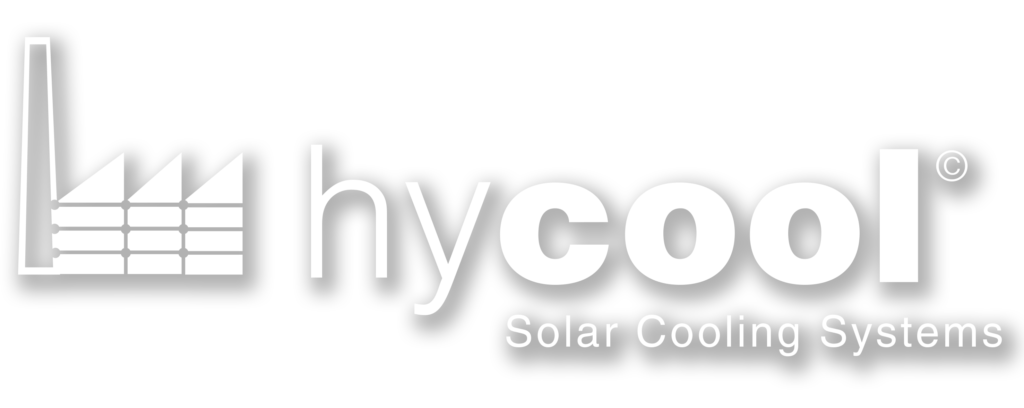The HyCool project launches the HyCool Pre-feasibility Simulator
The HyCool project is ramping up the development of the exciting “HyCool Toolset” that couples innovative concentrated solar thermal collectors with novel hybrid-heat pumps to achieve a wider temperature output range of renewable heating & cooling for any industrial environment or process which may need cooling.
To demonstrate the solar refrigeration concept underpinning the “HyCool Toolset”, a “pre-feasibility simulator” or PFS has been released on the project’s website (https://hycool-project.eu/prefeasibility/). The HyCool PFS in seconds tells users how well this HyCool solar refrigeration concept fits to any given industrial cooling process.
The HyCool PFS is conceived for any user interested in deploying renewable energy into an industrial process. The inputs asked for the simulation are about the process and the estimated temperature:
- Industrial process & internal temperature – only the required cooling temperature, the electricity price and the amount of full-load operation hours of the process are needed.
- Estimated solar irradiation and external temperature – an irradiation map is provided; you’ll determine the yearly average Direct Normal Irradiation at the industrial site being simulated. Furthermore, you will need the average external temperature, which can be easily found on the web.
Once you have input the above data into the PFS, you will be able to evaluate the suitability of solar refrigeration for your industrial process in just a couple of seconds. If your industrial cooling process turns out to be feasible, you can contact the HyCool team via the project website and refer to your PFS-ID. You must know the tool only provides a very rough evaluation and is not meant for commercial use.
Users receive a free, private dataset that fully complies with GDPR and is first shown on-screen and subsequently auto-emailed to you. Results are concise, and scores range from 0 to 40 with 0 meaning no suitability and 40 being perfectly suitabile.
With little or no understanding of solar thermal energy and heat pump technology, and very little data about the process being simulated, the HyCool PFS offers the public a glimpse of Industry 4.0 with high efficiency, energy flexibility to reduce consumption, and a high penetration of renewables for industry.
The business cases are currently being piloted across Europe for the market-ready hardware to enter commercialisation planning phase by 2020. HyCool encourages you to test the PFS today!



